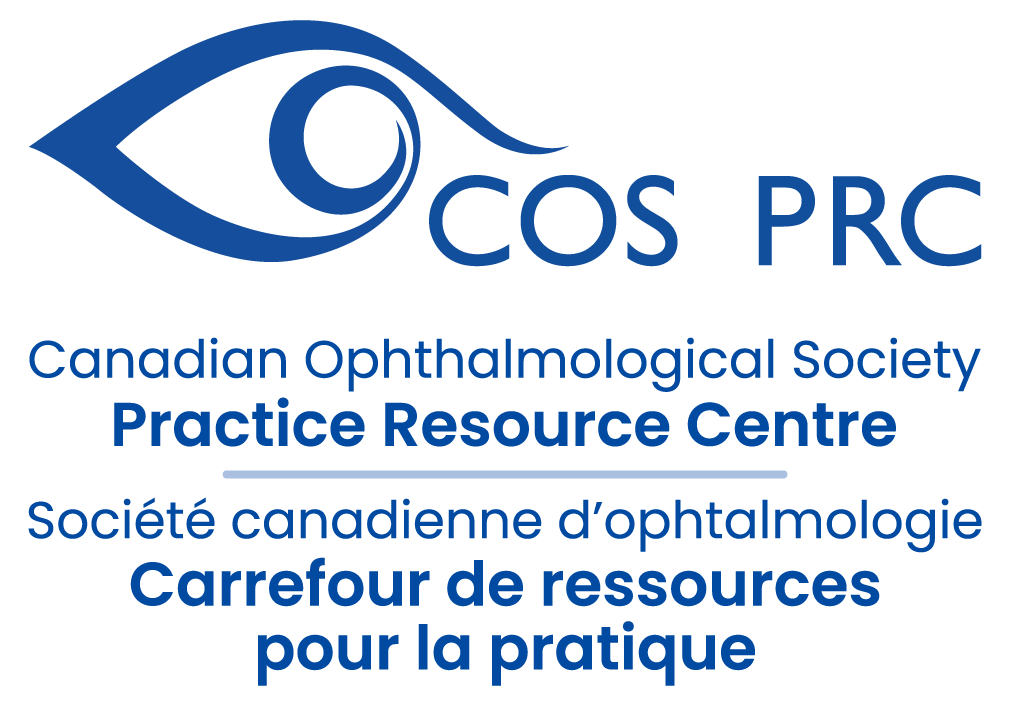Section 1: Group Learning Activities
Section 1: Group Learning Activities: Includes rounds, journal clubs, small groups and conferences. Activities can be face-to-face or web-based. Group Learning activities must meet the following mandatory educational requirements in order for the activity to be approved under Section 1 of the MOC program:
- The event must be planned to address the identified needs of the target audience.
- Learning objectives that address identified needs must be created for the overall event and individual sessions. The learning objectives must be printed on the program brochure and/or handout materials.
- At least 25% of the total education time must be devoted to interactive learning.
- Participants must be provided with an opportunity to evaluate individual sessions and the overall CPD activity.
For further details on Section 1 Accreditation Standards, review the Guide here.
Section 2: Self-Learning Activities
Section 2: Self-Learning activities are planned to address specific needs, enhance awareness of new evidence potentially relevant to practice or enhance the quality of multiple systems. Section 2 activities do not require approval by an accredited CPD provider.
Planned Learning
Initiated by a physician (independently or in collaboration with peers or mentors) to address a need, problem, issue or goal relevant to their professional practice. Activities include:
- Fellowships
- Formal courses
- Personal learning projects (PLP)
- Traineeships
Scanning
Used by a physician to enhance their awareness of new evidence, perspectives or discoveries that are potentially relevant to their professional practice. Activities include:
- Journal reading
- Podcasts, audiotapes, videotapes
- Internet searching
- InfoPOEMs
Systems Learning
Stimulated by participation in activities such as setting practice standards, patient safety, continuous quality improvement; curriculum development; assessment tools and strategy development; examination board membership; or peer review. Activities include:
- Practice guideline development
- Quality care/patient safety committee
- Curriculum development
- Examination development
- Peer assessment
Section 3: Assessment Activities
Section 3 Assessment Activities include activities that provide data with feedback to individual physicians regarding their current knowledge base to enable the identification of needs and the development of future learning opportunities relevant to their practice.
Knowledge Assessment
Self-Assessment
Self-Assessment programs use brief, highly directed questions in structured formats, such as multiple-choice or short-answer questions, to elicit reliable constructed responses from participants to assess aspects of knowledge in defined domains. Feedback provides opportunities for participants to identify areas for improvement and future learning. Self-Assessment programs must meet the following mandatory educational requirements in order for the activity to be approved under Section 3 of the MOC program:
- Must be planned to address the identified needs of the target audience with a specific subject area, topic or problem.
- Provide participants with a strategy to assess their knowledge, skills, clinical judgment and/or attitudes in comparison to an established scientific evidence base (clinical practice guidelines, meta-analysis or systematic review, etc.).
- Provide specific feedback on which answers were correct and which were incorrect, with references, to enable learners to determine if there are significant gaps in their knowledge, skills, clinical judgment or attitudes that need to be addressed through further learning activities.
Can a learning activity with a pre- and post-activity test be accredited as a self-assessment program?
It could be. If the pre/post test is designed to provide learners with an opportunity to assess their knowledge and use the data and feedback to identify gaps and develop an appropriate educational response, then it is possible that the program would meet the accreditation standards. Self-assessment programs use a gap analysis strategy that must:
- Be based on an identified learning need.
- Be designed to enable learners to assess the extent or depth of their knowledge.
- Enable a learner to demonstrate their knowledge, competence or performance.
- Provide the participant with their performance in relation to the current evidence, and
- Meet all the ethical standards established by the Royal College.
For further details on Section 3: Self-Assessment Accreditation Standards, review the Accreditation Guide or review the Development Template.
Performance Assessment
Simulation
Simulation of real-life situations that allow participants to demonstrate (and receive feedback on) their application of knowledge (scientific and tacit), clinical reasoning, communication and problem-solving, as well as their ability to collaborate and work effectively in a health care team. Simulation activities use standardized patients, mannequins, part-task trainers or virtual cases to assess individual physicians or teams performing specific actions, tasks or behaviours related to a clinical scenario. Simulation programs must meet the following mandatory educational requirements in order for the activity to be approved under Section 3 of the MOC program:
- Be planned to address the identified needs of the target audience with a specific subject area, topic or problem.
- Provide participants with a strategy to assess their knowledge, skills, clinical judgment and/or attitudes in comparison to established evidence (scientific or tacit).
- Enable participants to demonstrate and assess their abilities/competencies across the key areas of the scenario(s), topic(s) or problem(s).
- Provide detailed feedback to participants on their performance to enable the identification of any area(s) requiring improvement through the development of a future learning plan. Feedback can be provided immediately or after the activity is over, either verbally and/or in writing.
For further details on Section 3: Simulation Accreditation Standards, review the Accreditation Guide.



